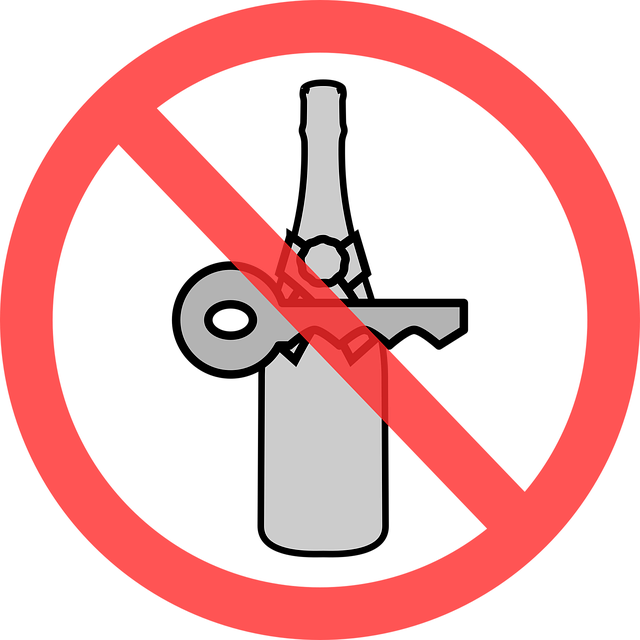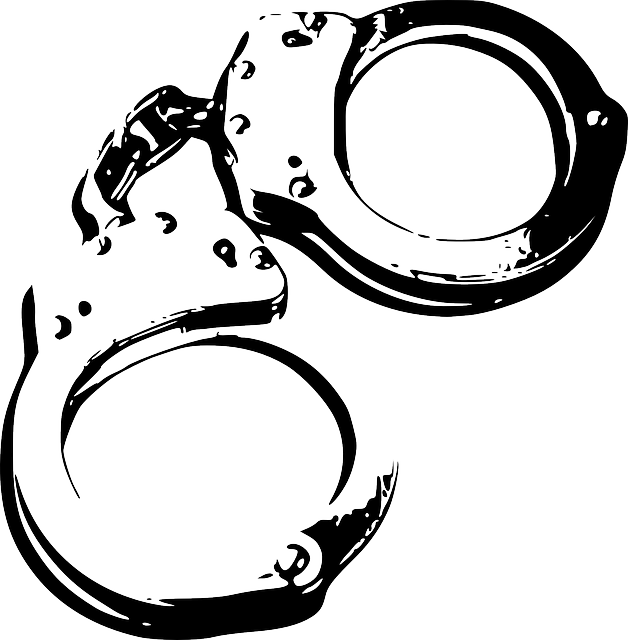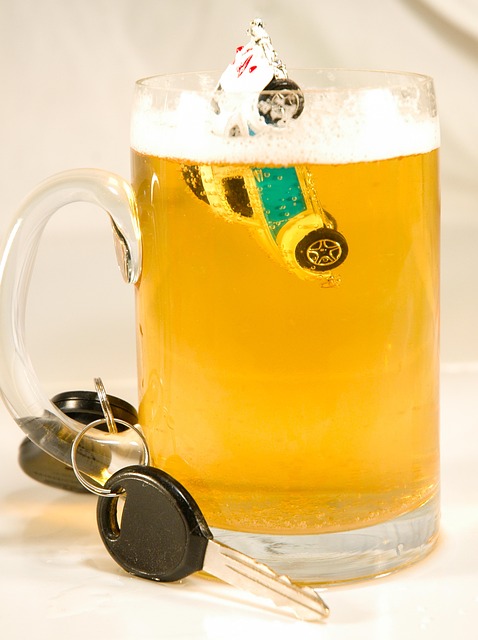After a DUI conviction, individuals can reclaim their future through criminal record expungement, a powerful tool that varies by location but involves petitioning courts to seal or destroy DUI records. Support groups are essential for recovery, offering safe spaces and coping strategies, while also aiding in navigating legal systems for expungement. The process is complex, requiring consultation with specialized attorneys, filing petitions, gathering documents, attending hearings, and seeking representation. Peer support communities provide valuable insights and knowledge about the legal process, fostering healing and empowering individuals to rebuild their lives post-DUI conviction. By embracing these resources, individuals can leave their past behind and access new opportunities in employment, housing, and education.
Looking for a fresh start after a DUI? Explore the power of support groups and criminal record expungement. This comprehensive guide navigates your journey towards recovery, focusing on key strategies like understanding expungement processes post-DUI conviction, leveraging support groups for recidivism prevention, and legally clearing your record. Discover how building a supportive community can transform lives. Join us as we delve into these essential steps toward a brighter future.
- Understanding Criminal Record Expungement after a DUI Conviction
- The Benefits of Support Groups for DUI Recidivism Prevention
- Navigating the Legal Process for Expunging Your Record
- Building a Supportive Community: Finding and Participating in Recovery Groups
Understanding Criminal Record Expungement after a DUI Conviction

After a DUI conviction, many individuals seek ways to move forward and rebuild their lives. One important aspect often overlooked is understanding the process of criminal record expungement, especially for those with a DUI on their record. Expunging a criminal record can have significant benefits, allowing individuals to leave their past behind and gain new opportunities. This process varies by jurisdiction but generally involves petitioning the court to seal or destroy specific records related to the DUI offense.
For those aiming for a fresh start, criminal record expungement after a DUI conviction is a valuable resource. It can open doors to employment, housing, and educational prospects that might otherwise be restricted due to their criminal history. By taking the initiative to learn about this process, individuals can take control of their future and work towards recovery alongside personal growth.
The Benefits of Support Groups for DUI Recidivism Prevention

Support groups play a pivotal role in preventing DUI recidivism, offering individuals facing alcohol-related charges a powerful tool for recovery and rehabilitation. These peer-led gatherings create a safe and non-judgmental environment where those struggling with substance abuse can share their experiences, gain insights, and offer mutual support. By participating in such groups, individuals can develop coping strategies to manage cravings and triggers, which are essential steps towards long-term sobriety.
Moreover, engaging in support networks facilitates the process of criminal record expungement after DUI. As these groups promote personal growth and accountability, participants are better equipped to navigate the legal system and explore options for clearing their records. With reduced recidivism rates, individuals are more likely to access opportunities for reintegration into society, including employment and housing, thereby breaking free from the cycle of addiction and crime.
Navigating the Legal Process for Expunging Your Record

Navigating the legal process for expunging your record, particularly after a DUI conviction, can be complex and daunting. However, it’s a crucial step toward reclaiming your life and future. The first step is to consult with an experienced attorney who specializes in criminal record expungement. They can guide you through the specific laws and procedures in your jurisdiction, ensuring you meet all eligibility criteria for expungement of your DUI record.
The process typically involves filing a petition with the court, gathering necessary documentation, and attending hearings. An attorney can help prepare these documents accurately, represent you in court, and advocate for a favorable outcome. While there’s no guarantee of success, many individuals have successfully had their criminal records expunged after a DUI, allowing them to move forward with renewed opportunities for employment, housing, and personal growth.
Building a Supportive Community: Finding and Participating in Recovery Groups

Building a supportive community is a cornerstone for anyone navigating recovery, especially those with a criminal record stemming from a DUI conviction. Finding and participating in recovery groups offers a unique opportunity to connect with peers facing similar challenges. These groups provide a safe space to share experiences, gain insights, and offer encouragement, fostering an environment conducive to healing. Many such groups are accessible through community centers, non-profit organizations, or online platforms, ensuring accessibility for those seeking support.
When exploring recovery options, individuals with a DUI record can specifically look for groups focused on criminal record expungement after DUI. These specialized groups offer valuable knowledge about legal processes and resources available to help clear criminal records. By actively participating in these communities, members can enhance their understanding of the legal system, access crucial support, and ultimately, take empowered steps towards rebuilding their lives post-DUI conviction.
Support groups play a pivotal role in the recovery process for individuals facing DUI recidivism. By participating in these communities, one can access valuable resources and build a supportive network crucial for navigating the challenges of expunging their criminal record. Understanding the legal aspects of criminal record expungement after a DUI conviction is essential, as it empowers individuals to take control of their future. Through shared experiences and mutual aid, recovery groups foster an environment that enhances coping mechanisms and promotes positive behavioral changes, ultimately helping to prevent future DUI offenses.






